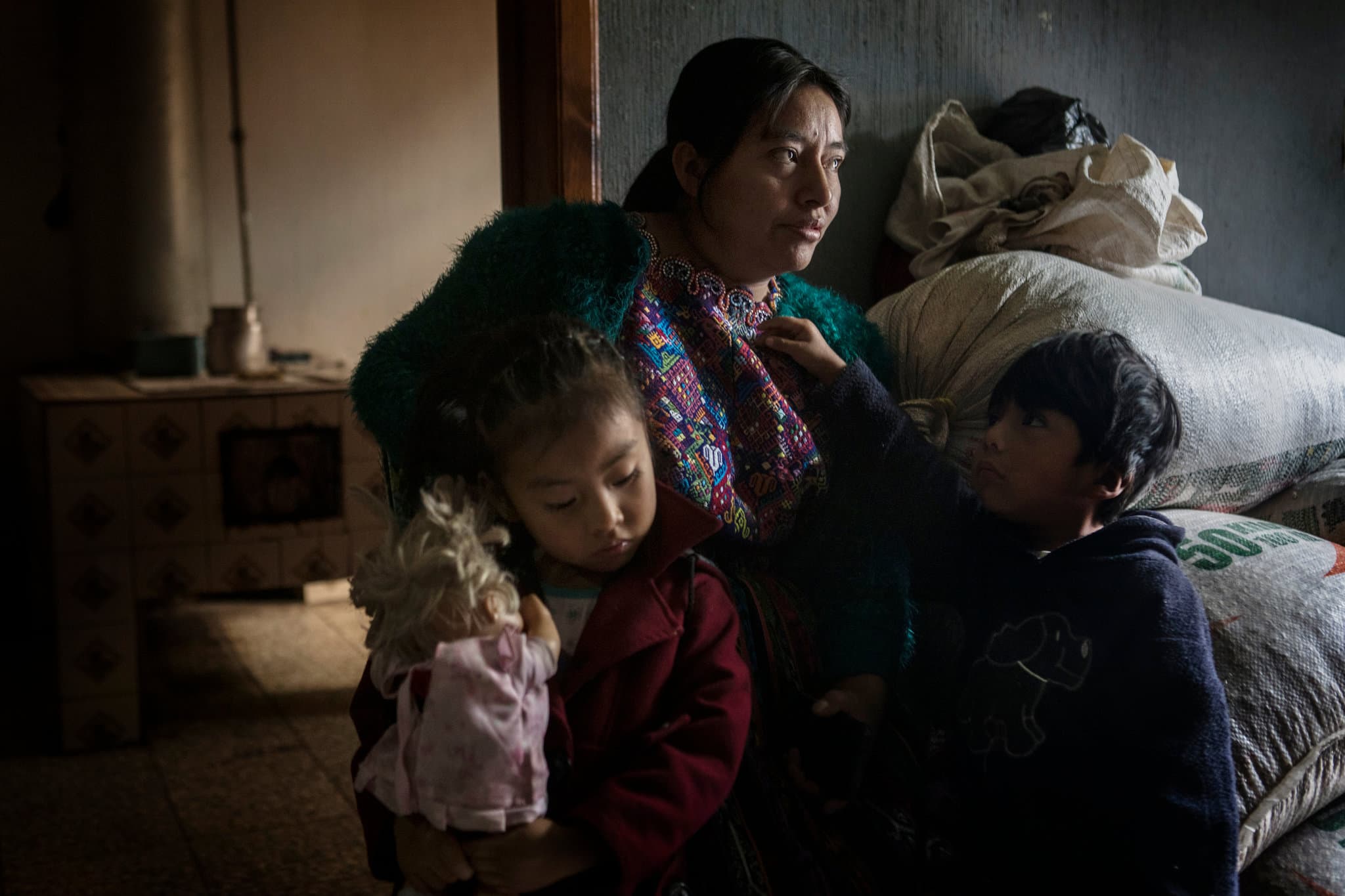Tweet Claims of Guatemalan Children Receiving TPS Status Through Cartels Lack Factual Basis

Recent social media content has sparked discussion regarding the immigration status of children transiting from Guatemala to the United States, specifically alleging that cartels facilitated Temporary Protected Status (TPS) for them. The tweet, posted by "MissionLoco," stated, "Cartels in Guatemala took $$$ to transit children to the US, and got them TPS status. The plan was to exploit our laws further, so their parents could 'join' them later."
However, this assertion regarding TPS status for Guatemalan children is factually inaccurate. Temporary Protected Status is a country-level designation granted by the U.S. Secretary of Homeland Security to countries experiencing conditions such as armed conflict, environmental disasters, or other extraordinary circumstances that prevent their nationals from safely returning. As of the latest designations, Guatemala is not, and has not been, a country designated for TPS.
While the claim about TPS is incorrect, the involvement of transnational criminal organizations, including cartels, in the smuggling of individuals, particularly vulnerable children, from Central America to the U.S. border is well-documented. These groups exploit economic hardship and violence in their home countries, charging significant sums for transit and often subjecting migrants to dangerous conditions. Violence fueled by drug trafficking in Guatemala and other Northern Triangle countries is a primary driver for emigration, including that of minors.
Unaccompanied children arriving at the U.S. border are processed under specific immigration laws designed to protect minors. These laws differ significantly from TPS and include provisions for asylum claims and family reunification. Many children seek to join parents or relatives already in the United States, a process distinct from the country-wide TPS designation.
Immigration cases involving unaccompanied minors often proceed through the U.S. legal system, overseen by immigration judges. These judicial appointments are part of the broader federal judicial system, handling complex immigration matters. The process is separate from the executive branch's designation of TPS for specific countries.